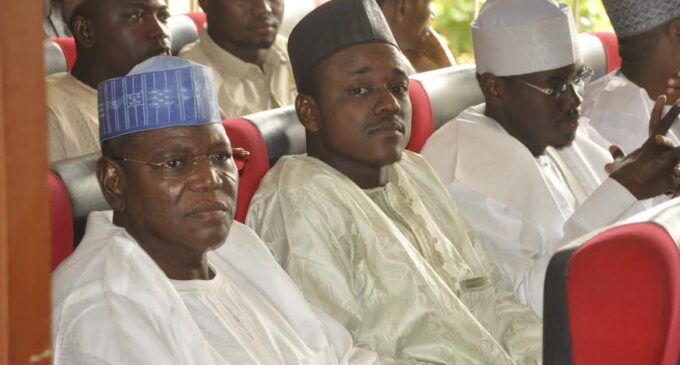A three-member panel of the court struck out the charges on a technical ground of lack of jurisdiction by the Federal High Court to conduct the trial in Abuja.
The judgement upheld the no-case submission the defendants had filed at the trial court, the Federal High Court in Abuja to challenge the validity of the charges.
The EFCC had been prosecuting Mr Lamido, his two sons and their companies before the Federal High Court on 37 counts of money laundering involving about N1.35 billion.
The other defendants charged alongside the former governor included his two sons – Aminu and Mustapha. The others are Aminu Wada Abubakar, and their companies – Bamaina Holdings Ltd and Speeds International Ltd.
The commission accused Mr Lamido of abusing his position as governor between 2007 and 2015, allegedly laundering sums of money received as kickbacks from companies that were awarded contracts by the Jigawa State Government under his leadership.
The EFCC had called over 16 witnesses before closing its case last year.
Afterwards, the defendants opted for a no-case submission, arguing that the prosecution had not placed sufficient materials before the court to warrant them entering defence.
But the trial judge, Ijeoma Ojukwu, dismissed the no-case submission and ordered the defendants to open their defence on 8 to 11 November 2022.
Dissatisfied, Mr Lamido went on an appeal.
The Court of Appeal heard the appeal arising from the case in June and reserved judgment; the court said the date of judgement would be communicated to the parties.
Judgement
In the lead judgment delivered by Adamu Waziri on Tuesday, the court resolved the issues raised in the appeal against the EFCC and in favour of the appellants, essentially ruling that the Federal High Court in Abuja lacked jurisdiction to entertain the charges.
The court ruled that the alleged offences took place in Jigawa State, therefore, the charges ought to be filed in Jigawa State and not in Abuja.
The court then struck out the charges and discharged the defendants.



